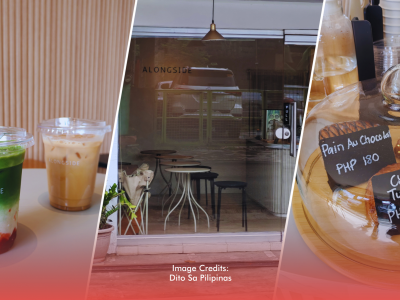Quezon City is taking a firm stand against plastic pollution. Under Executive Order No. 3, Series of 2025, signed by Mayor Joy Belmonte, the city government has banned the use of single-use plastics and disposable items within city hall and all government-run facilities, effective April 21, 2025.
What’s Covered in the Ban
The policy prohibits plastic bags, styrofoam containers, PET bottles, paper cups, disposable plates, and plastic utensils. Employees are now expected to bring their own eco-bags, reusable containers, and utensils when buying food or drinks.
“This is about more than banning plastics. It’s about changing behavior and making sustainability part of everyday life,” Belmonte said. She emphasized the health and environmental hazards of plastic, including microplastics found in food, water, and soil.
Rules for Visitors and Deliveries
Visitors can still buy from food vendors, but disposable containers are not allowed inside government buildings. Deliveries are permitted only if packaging is returned and traded at the “Trash to Cashback” booth. Food delivered in plastic packaging will not be allowed into city offices.
Helping Everyone Adjust
To prepare for the shift, the city’s Climate Change and Environmental Sustainability Department (CCESD) and the General Services Department (GSD) held orientation sessions for employees and concessionaires. These sessions explained the policy’s guidelines, answered concerns, and encouraged cooperation.
Penalties for Non-Compliance
Ambulant vendors who do not follow the policy within government premises will face penalties. Employees and officials found violating the rules will receive formal reprimands or memoranda.
Part of a Bigger Push
The executive order builds on the city’s Green Public Procurement Ordinance, which already discourages the use of disposable items in government-led activities. It reflects Quezon City’s ongoing commitment to sustainability and a circular economy.
“We hope this inspires other institutions to take similar steps,” Belmonte said. “Reducing plastic use isn’t just possible—it’s necessary,” she added.








